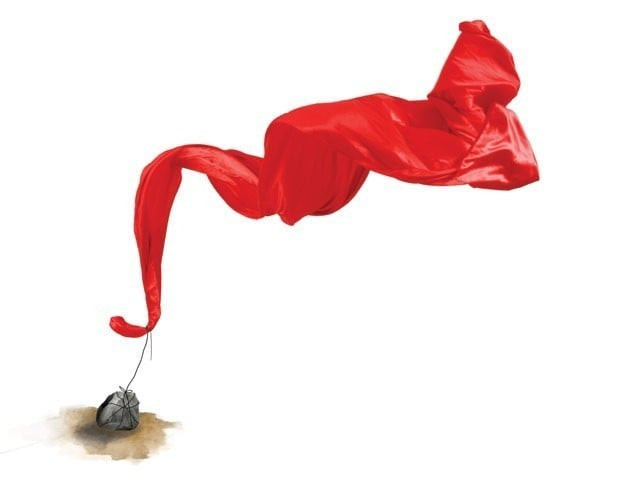Violence against women: Data needed for effective policy making
Participants suggested that the complexities of VAW cannot be tackled without sufficient national level data.

NCSW in collaboration with UN Women and other organisations has taken responsibility to help design national level indicators on VAW, says NCSW chairperson. PHOTO: FILE
National data on Violence Against Women (VAW) is required in order to develop policies and interventions to address its multiple dimensions.
This need was highlighted at a brainstorming session on VAW indicators jointly held by the National Commission on the Status of Women (NCSW) and United Nations Entity for Gender Equality and the Empowerment of Women (UN Women) on Tuesday at the NCSW office.
NCSW Chairperson Khawar Mumtaz said, “The session aimed to invite suggestions from stakeholders to develop standardised indicators that could be used for future research and surveys regarding VAW.”
Problems of collection of information on sensitive issues such as trafficking due to numerous definitions and social issues were discussed during the session. Participants also talked about the absence of data and the under-reporting of VAW crimes that gives an unclear picture of the actual trends.
Participants suggested that the complexities of VAW cannot be tackled without sufficient national level data. NCSW in collaboration with UN Women and other organisations has taken responsibility to help design national level indicators on VAW, Mumtaz said, and the meeting was a first step towards this process.
Nationally owned indicators such as the South Asian Association for Regional Cooperation’s Gender Information Base and international conventions such as CEDAW Concluding Observations and the UN Statistics Division indicators were considered as points of reference for the discussion.
Published in The Express Tribune, July 25th, 2013.


1724319076-0/Untitled-design-(5)1724319076-0-208x130.webp)
















COMMENTS
Comments are moderated and generally will be posted if they are on-topic and not abusive.
For more information, please see our Comments FAQ